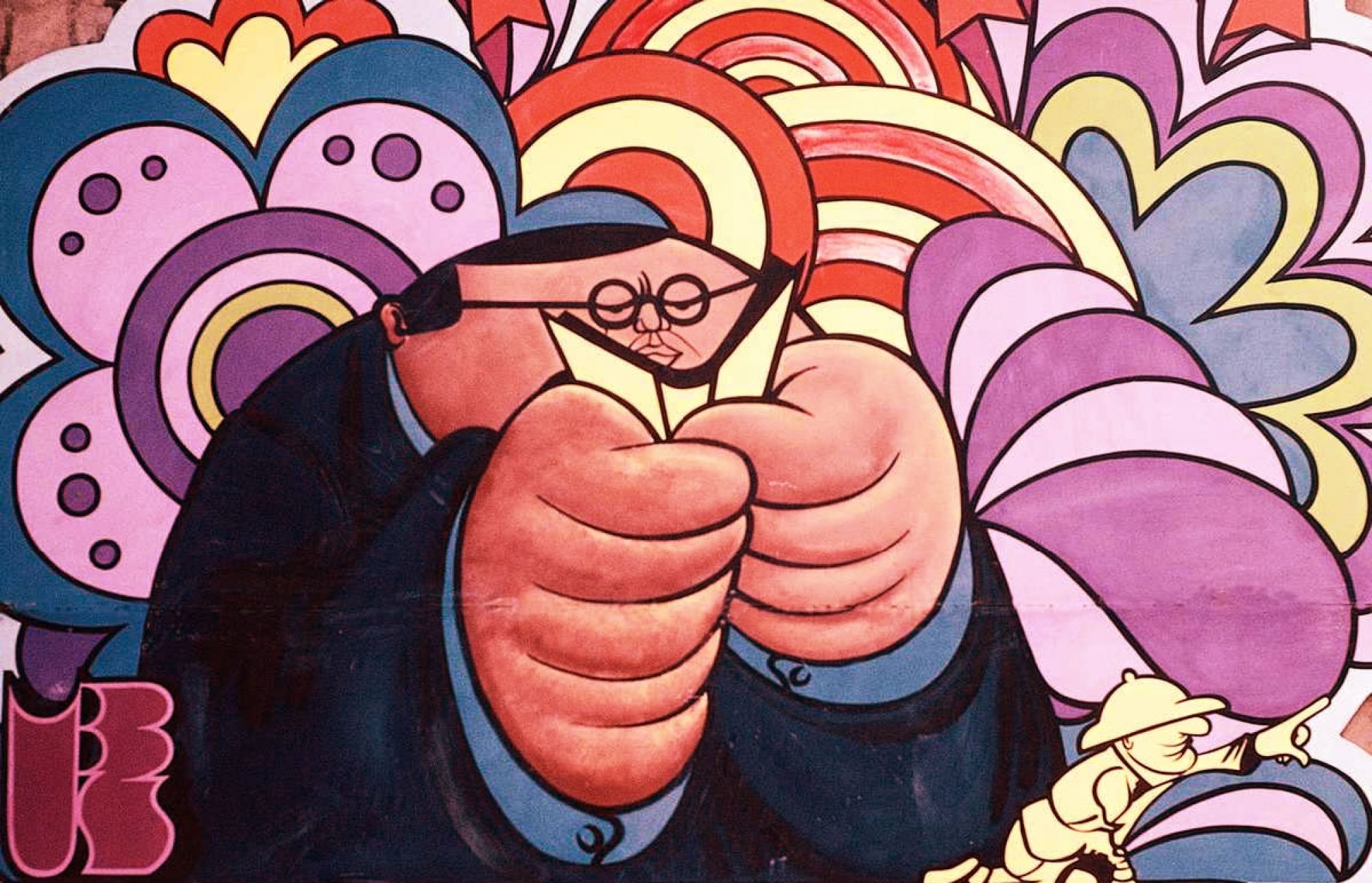Richard Adams , Watership Down
J.R.R. Tolkien , The Hobbit
Margaret Weis & Tracy Hickman, Dragons Of A Lost Star, the war of souls vol 2
As the War of Souls continues, the shield over the elven kingdom of Silvanesti falls. Mina leads her forces triumphantly into that conquered nation, only to face danger from friends and foes alike. Meanwhile, Goldmoon follows the river of the dead, which threatens to engulf them all. Dragons of a Lost Star expands on the War of Souls saga and forms the point around which subsequent novels will revolve.
( Courtesy of GoodReads, 550 pages )
P.R. Moredun, The World Of Eldaterra, the dragon conspiracy vol 1
They’ve been kicked out of their world. Now they want ours. In 1895 . . . a policeman follows a trail of murders that leads to a discovery too incredible to believe.
In 1990 . . . fourteen-year-old James Kinghorn finds an entrance to Eldaterra, the Old World, where magic forces — good and evil — struggle for domination. With the help of some unexpected friends, including two dwarf brothers, a beguiling elf, parlanimals, and a wizard with many secrets. James uncovers a deadly conspiracy that began fifteen years before. IF the enemy’s plans are not stopped, both worlds will plunge into unthinkable chaos. . . .
The first book of the World of Eldaterra series weaves mystery and fantasy into an extraordinary, heart-stopping adventure.
( from the sleeve, hardcover 290 pages )

